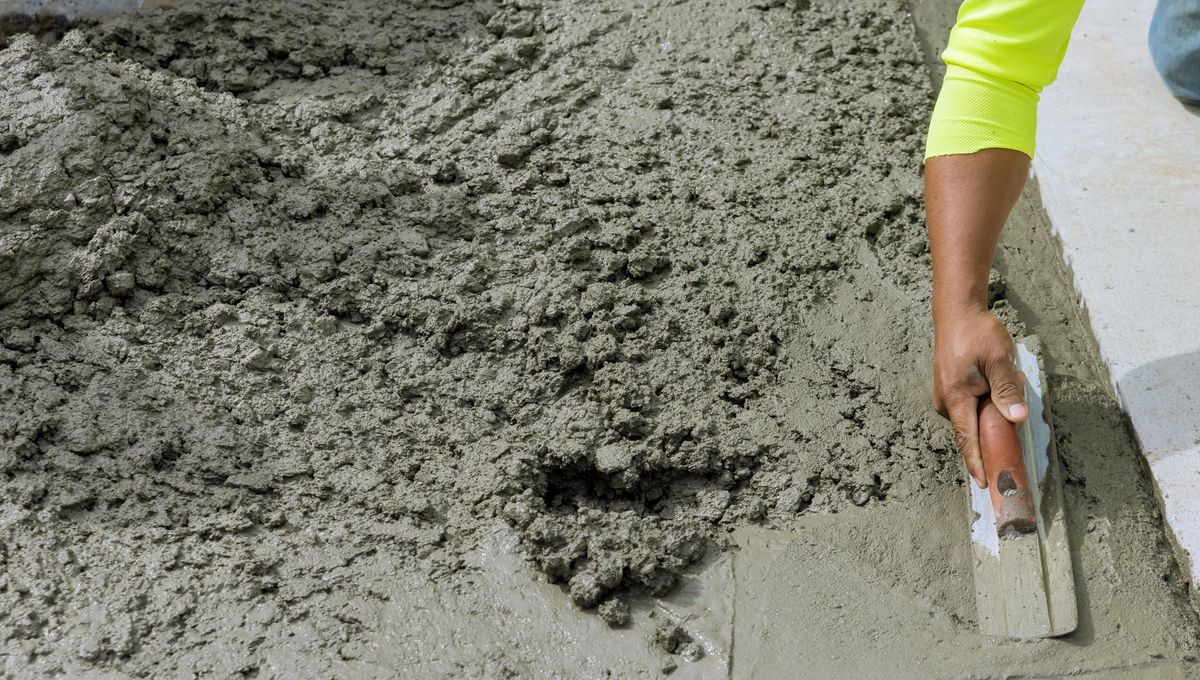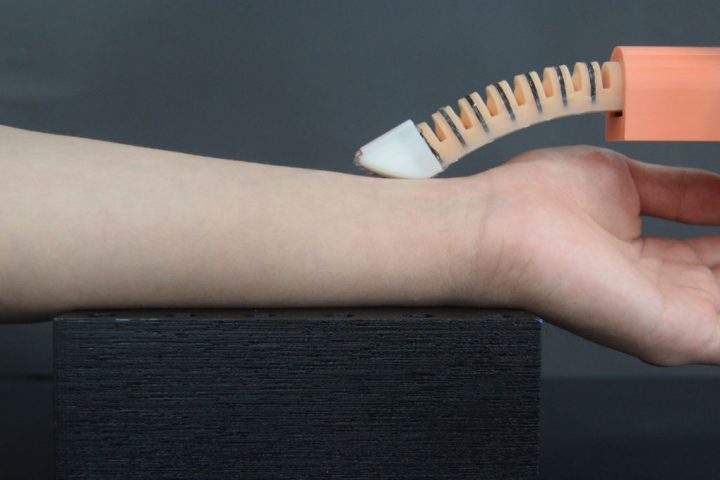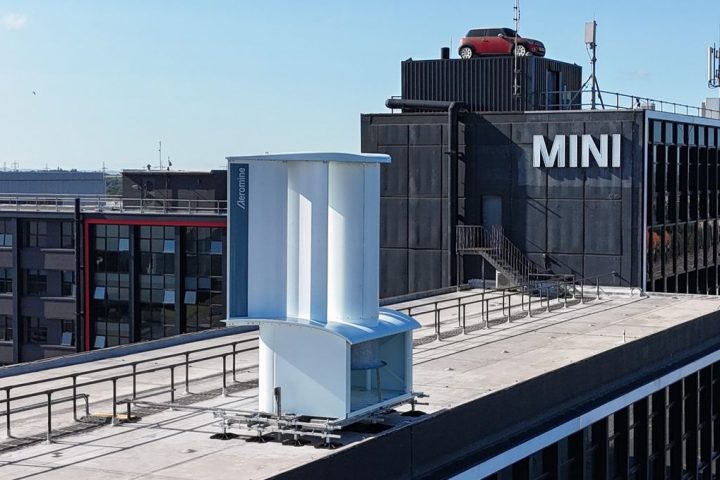Did you know that coffee grounds are everywhere? It’s estimated that a whopping 60 million tons of coffee grounds are produced worldwide each year, most of which end up in landfills. Not only is this a massive waste, but it also contributes to the production of methane gas, worsening the climate crisis. But fear not, because a team from RMIT University is here to save the day!
Their mission? To find innovative ways to recycle coffee waste and give it a “double shot” at life. Lead author Dr. Rajeev Roychand explains, “We wanted to find a way to use the large amounts of coffee waste in construction projects instead of sending it to landfills.”
So, how did they do it? The team collected spent coffee grounds from cafes in Melbourne, Australia, and transformed them into biochar through a process called pyrolysis. They then mixed the biochar with concrete and tested its structural properties.
And guess what? The results were impressive! A mix consisting of 15 percent pyrolyzed coffee grounds at 350°C significantly improved the compressive strength of the concrete by 29.3 percent. This means that coffee waste could potentially be a game-changer in the construction industry.
But it doesn’t stop there. By using biochar in construction projects, we can also reduce the demand for fine sand, which is a scarce resource worldwide. Sand extraction has a devastating impact on the environment, so finding alternative materials like coffee waste is crucial.
The team’s research is gaining interest from councils struggling with organic waste disposal, and they are already being engaged for upcoming infrastructure projects. This could be a wakeup call for the construction industry to embrace sustainable practices and reduce landfill waste.
Building a Sustainable Future
Dr. Shannon Kilmartin-Lynch, a Vice-Chancellor’s Indigenous Postdoctoral Research Fellow at RMIT, emphasizes the significance of this study for the construction industry worldwide. “Our research offers an innovative way to greatly reduce the amount of organic waste that goes to landfill,” she says.
Not only does this research benefit the environment, but it also addresses the pressing issue of sand scarcity. Sand is one of the most extracted solid materials on the planet and is essential for construction. By using biochar instead of sand, we can preserve our natural resources and minimize the environmental impact.
The study’s findings were published in the Journal of Cleaner Production, marking a step forward in sustainable construction practices. It’s time for the construction industry to wake up and smell the coffee – or better yet, use it to build a greener future!








